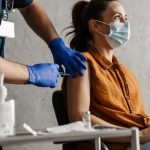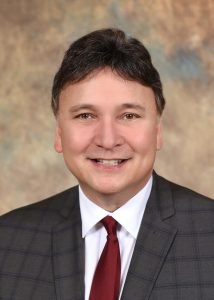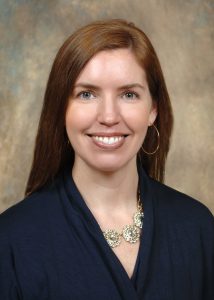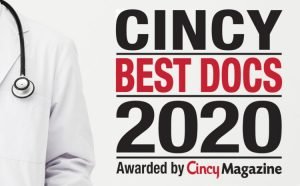Author: pricilagran

Thirteen months ago, the world was experiencing the onset of a shared trauma … a pandemic was sweeping over the globe. The actions that were taken to keep people safe included community shut downs, stay at home orders and mandated isolation. Lindner Center of HOPE, like mental health providers around the world, began to see spikes in mental illness and addiction. Individuals who were already struggling with mental illness or a pre-disposition, saw exacerbated symptoms and an increase in severity of illness. People who were managing, saw new onset at higher levels of acuity. As time has passed since the beginning of the pandemic, the trauma has been sustained with higher percentages of people still struggling with mental illnesses and addictions. Additionally, data shows people who have experienced COVID-19 infection are also suffering with co-occurring psychiatric symptoms.

Fortunately, vaccines have been released to protect the population from the physical health threats of COVID-19. However, Lindner Center of HOPE’s President and Chief Operating Officer, Paul R. Crosby, MD, states the vaccine also offers mental health benefits as well.
“The first mental health benefit of the vaccine is simple,” Dr. Crosby said, “since the risk of COVID-19 infection diminishes significantly with vaccination, receiving the vaccine would also protect individuals from co-occurring mental illness that has proven to manifest with COVID-19 infection.”
“The second mental health benefit of the vaccine is the reduction in overall anxiety and stress, as risk and fear of infection is reduced. Vaccinated individuals can lift their isolation from other vaccinated individuals, can begin to see a return to other activities that improve mental health, like more exercise, improved sleep, new experiences through travel and more. A return to these healthier activities can hopefully also lead to a reduction in substance use, overeating or lack of participation in other things that bring joy.”
“The COVID-19 vaccine has significant potential in improving your mental health.”
For individuals experiencing symptoms of mental illness, it is critical to access help. Mental illnesses are common and treatable and no one should struggle alone.
Lindner Center of HOPE in Mason is a comprehensive mental health center providing excellent, patient-centered, scientifically-advanced care for individuals suffering with mental illness. A state-of-the-science, mental health center and charter member of the National Network of Depression Centers, the Center provides psychiatric hospitalization and partial hospitalization for individuals age 12-years-old and older, outpatient services for all ages, diagnostic services for all ages and short-term residential services for adults, and research. The Center is enhanced by its partnership with UC Health as its clinicians are ranked among the best providers locally, nationally and internationally. Together Lindner Center of HOPE and UC Health offer a true system of mental health care in the Greater Cincinnati area and across the country. The Center is also affiliated with the University of Cincinnati (UC) College of Medicine.












